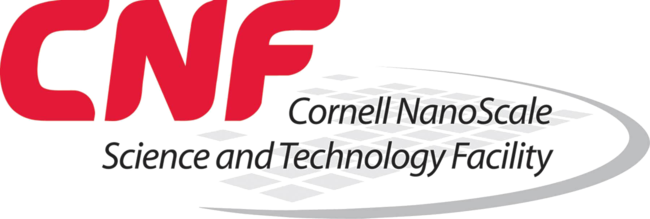CNF provides research instruments that serve an integral role in our nanofabrication mission. Additional research instruments are available separately at Cornell through the shared facilities of the below listed research centers (funded by NSF-MRSEC and other funding agencies). The CNF User Program will work with users to determine the best path forward for use of other campus research facilities as part of users' CNF projects. And the CNF can facilitate access to these centers for users who need access as part of their ongoing research project.
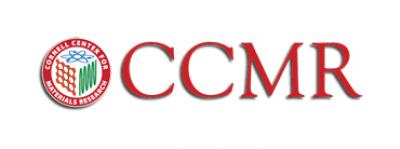
The Cornell Center for Materials Research (CCMR) offers a broad range of materials processing and materials characterization resources in support of its research program and user program. As CNF users continue to advance in Quantum materials research and development, advanced techniques that enable characterization of material properties and processes can be utilized through the CCMR. For example: electron and optical microscopy, TEM/STEM and dual-beam FIB, a physical property measurement system (PPMS), AFM, x-ray diffraction, and SQUID magnetometry, etc. The CNF can facilitate access to CCMR for users that need more advanced materials nano-characterization tools.
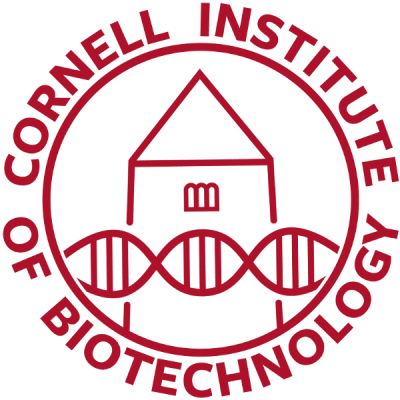
The Cornell Institute of Biotechnology seeks to catalyze life science research, stimulate biotechnological innovation and foster entrepreneurship locally, regionally and internationally. Located on the Cornell Ithaca campus in upstate New York, the Institute provides a hub for cutting edge scientific facilities, education and training. The Institute promotes a wide spectrum of activities, blending academic research with economic development in and beyond the broad life sciences arena, thereby creating and strengthening partnerships across and within scientific disciplines. In addition to providing a nexus of scientific excellence in Ithaca, the Institute of Biotechnology also has close affiliations with many partner organizations within New York State and beyond that collectively provide access to a remarkable network of facilities, expertise, experience and opportunity.

The Platform for the Accelerated Realization, Analysis, and Discovery of Interface Materials (PARADIM) helps users design and create new interface materials—materials that do not exist in nature—with unprecedented properties for the next generation of electronic devices.
Creating new interface materials with unprecedented properties, by design rather than by serendipity, is accomplished in PARADIM through a synergistic set of user facilities dedicated to theory (figuring out where to put the atoms for useful behavior), synthesis (putting the atoms in the targeted positions), and characterization (seeing that the atoms are indeed in the desired positions).
Each of these world-class user facilities is equipped with the latest tools, techniques, and expertise to realize this materials-by-design dream. Users from throughout the nation are using PARADIM to discover and create interface materials for the next generation of electronics and optoelectronics. These new materials are enabling novel ways for electrons to carry information in solid-state devices and efficiently interact with magnetic, electrical, and optical stimuli.
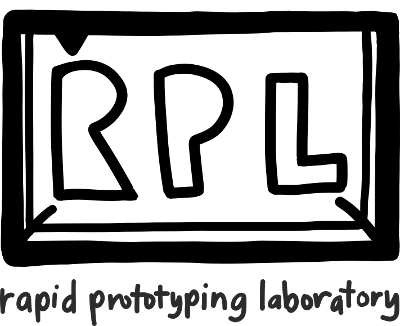
The RPL provides rapid prototyping services to the labs and project teams of Cornell University. Services include 3D printing, laser cutting, laser engraving and CNC routing. Operated by undergraduate engineering students and maintained by the Cornell University MAE Department, RPL technicians have extensive experience in 3D printing technologies and can provide advice and support for your projects.

The Center for Technology Licensing (CTL) is Cornell University’s technology transfer office. We manage technology for Cornell’s Ithaca campus, Weill Cornell Medicine (WCM), Cornell Tech, and Cornell AgriTech in Geneva. CTL’s mission is to bring the University’s scientific discoveries, technological innovations, and medical advances to the marketplace for societal benefit and to foster economic development within New York State and across the nation.
Reflective of Cornell’s broad research endeavors, CTL manages inventions from disciplines including, but not limited to, chemistry, engineering, information technologies, materials science, medicine, plant science, and veterinary medicine. CTL licenses Cornell technologies to industry partners from all 50 states and in Europe, Asia-Pacific, the Middle East, and Central and South America. Cornell inventions are patented in over 40 countries.
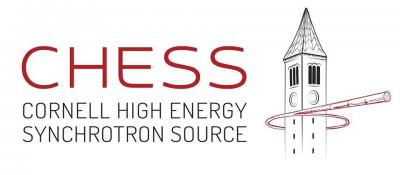
The Cornell High Energy Synchrotron Source, CHESS, is a high-intensity X-ray source primarily supported by the National Science Foundation which provides our users state-of-the-art synchrotron radiation facilities for research in Physics, Chemistry, Biology, and Environmental and Materials Sciences.
The Weill Institute for Cell and Molecular Biology, founded in 2008, is an interdisciplinary research institute in the heart of Cornell University's Ithaca, NY campus focusing on cell signaling and molecular dynamics. The institute, located in Weill Hall, now includes twelve faculty members with appointments in three Cornell colleges and five departments - Biological Statistics and Computational Biology, Biomedical Engineering, Molecular Biology and Genetics, Plant Biology, and Chemistry & Chemical Biology. Our goal is to provide the best possible environment for our faculty and their labs to do world-class research.
